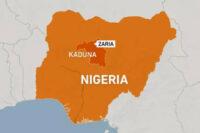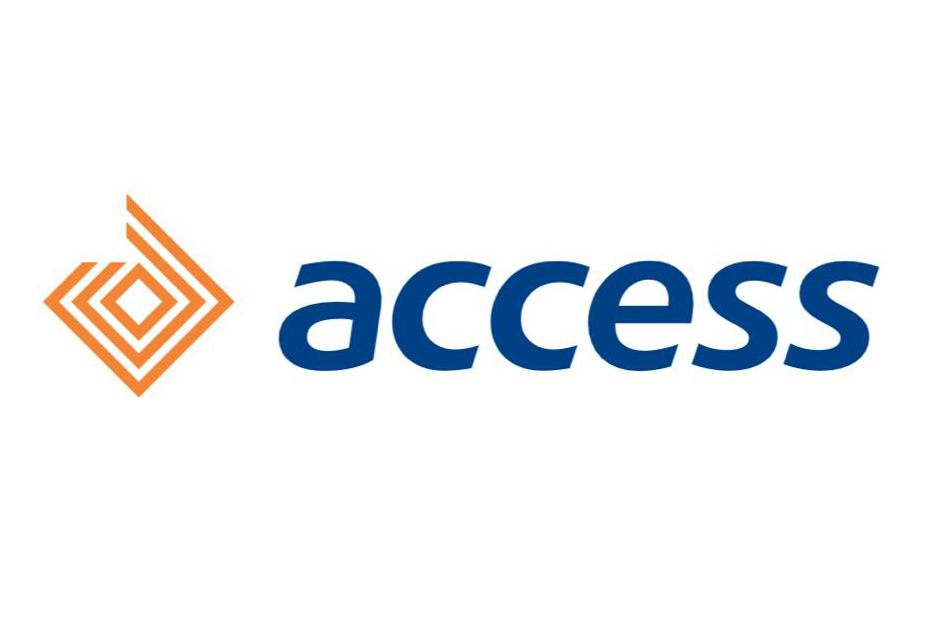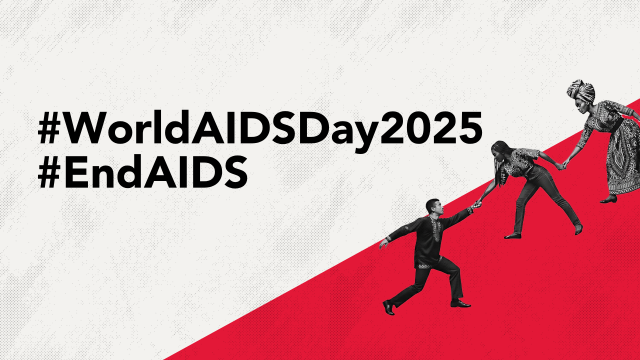In commemoration of World Blood Donor Day and World Sickle Cell Day 2025, Access Holdings, one of Africa’s leading financial services groups, successfully executed a group-wide blood drive across six African countries, reinforcing its commitment to improving health outcomes and driving real impact in the communities it serves.
Held under the theme “Shine the Light on Sickle Cell,” the initiative brought together employees, community members, health professionals, and partner organisationsin a coordinated effort to provide safe blood donations, a lifeline for individuals living with sickle cell disorder and others in critical need of transfusions.
A Continent United by Purpose
Blood donation is still one of the most essential yet underappreciated pillars of public health in Africa. According to the World Health Organisation, Africa faces a significant shortfall in safe and voluntary blood donations, a challenge that puts countless lives at risk, especially those living with conditions such as Sickle Cell Disorder (SCD), which affects millions across the continent.
Recognising this need, Access Holdings expanded its annual blood donation initiative beyond Nigeria’s borders, extending its reach to African subsidiaries of its banking group, Access Bank, in Angola, Ghana, Kenya, Mozambique, and Cameroon. In some countries, the drive focused specifically on supporting individuals living with sickle cell disease, while in others, it formed part of broader efforts to strengthen national blood banks and encourage a culture of voluntary donation.
“This was not just about donating blood, it was about showing up for our communities when it matters most,” said Esther Graham, Programme Officer, Health, Access Holdings. “In Nigeria, where an estimated 2 million units of blood are needed annually but only about 25–30% of that is collected, and less than a fifth of that from voluntary donors. The impact is heartbreaking; emergency care is delayed, maternal mortality rises, and lives are lost to preventable shortages. Across Africa, the situation is just as critical, with an average of only 5 units available per 1,000 people, only half of the World Health Organisation’s recommended benchmark. This initiative was a powerful reminder that even the smallest act of generosity can create life-saving impact and reaffirm our shared humanity.”














